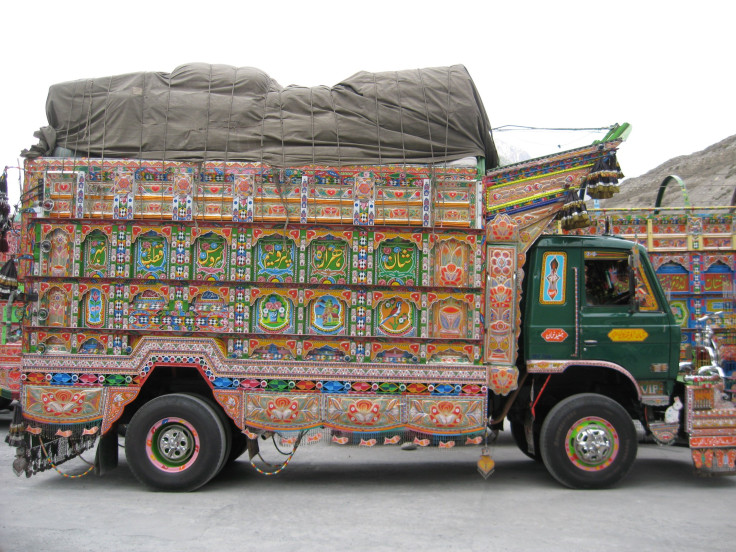21 People Die After Drinking Toxic Liquor In Pakistan, A Country Under Prohibition: But It’s A Routine Problem

The drinking culture in Pakistan is unique, and may seem quite foreign to Americans. Pakistanis often don’t drink in public, and if they do, it’s usually low-key and limited to upper or middle classes. Alcohol has been banned to Muslims in the country since 1977, prohibition put in place by then-Prime Minister Zulfiqar Ali Bhutto.
As is usually the case in dry countries, a black market for liquor exists. Because liquor is not often readily available, or is too expensive for poorer classes, bootleggers smuggle in vodka, whiskey, and other liquors, and many create locally-made alcohol — mixed with who knows what — that could end up being quite toxic. Recently, about 21 people died in Karachi, Pakistan after drinking contaminated liquor — all within 24 hours. The victims had been drinking black market liquor in celebration of Eid al-Adha, one of the largest religious holidays of Islam.
Authorities are still examining where the liquor came from and who made it. “Investigations are underway, and hopefully, we’ll get the culprits who sold this life-taking liquor,” Mohammad Hassan, a police official in Karachi’s Korangi district, said, according to The Washington Post. "So far, there are no prime suspects.”
But over the course of several decades, deaths due to poisonous alcohol from the black market have become a common occurrence. Dozens died in 2007, also in Karachi; and a similar tragedy occurred in July 2013 in the same city.
Because liquor stores in Karachi and other cities in Pakistan could only sell alcohol to non-Muslims after the 1977 ban, they raised their prices significantly. “Though the beverages were still in the reach of upper and middle-class Pakistanis who drank, drinkers from the working and peasant classes could not keep up with the rising prices,” Nadeem Paracha writes on Dawn. “They began to squarely depend on liquor being produced by the shady moonshine makers and many poor and working-class Pakistanis continue to lose their lives due to the tainted and underprepared whiskey (Katchi Sharab) produced by illegal brewers.”
If you’re in Pakistan, you’ll find that if you were in search of alcohol, you certainly can find it if you try — usually at 5-star hotels, hidden in the back, served only to non-Muslims for limited hours every day. You need a permit in order to buy alcohol. You might find certain wine shops or hotels will be stocked particularly with beer and liquor from the local Murree brewery.
But you may also find yourself being offered bootlegged booze or Pakistani moonshine, which can be pretty dangerous. It’s often tainted with chemicals and made with methyl alcohol. “If you’re offered some of this Pakistani moonshine, I’d suggest declining even if it seems like an excellent way to bond with local villagers,” Heather Carreiro, who spent some time living in Pakistan, writes on Matador Network. “[A]lmost every time I picked up a local newspaper in Lahore I read reports of people dying or getting very ill from these sketchy alcohol concoctions.” At times, people suffered from blindness and other complications after surviving the toxicity of the booze.
But unless prohibition ends, the drinking culture will likely not change any time soon. And even then, if alcohol prices remain skyrocket high, poorer people will continue turning to bootleggers and moonshiners to get their fix.
As Paracha continues on Dawn:
The only time the debate on alcohol is revived (in the media) is when people die from consuming cheap tainted whiskey.
And even then, newspaper reports and analysts do not shy away anymore from alluding that moonshiners thrive mainly due to the alcohol ban in the country that has greatly jacked-up the prices of good quality alcoholic beverages available in the legal ‘wine shops.’
The message is that the 1977 prohibition failed to stop many Pakistanis from consuming alcohol. In fact, the ban continues to drive a number of poor men into consuming poisonous whiskey, or they end up becoming drug addicts.



























